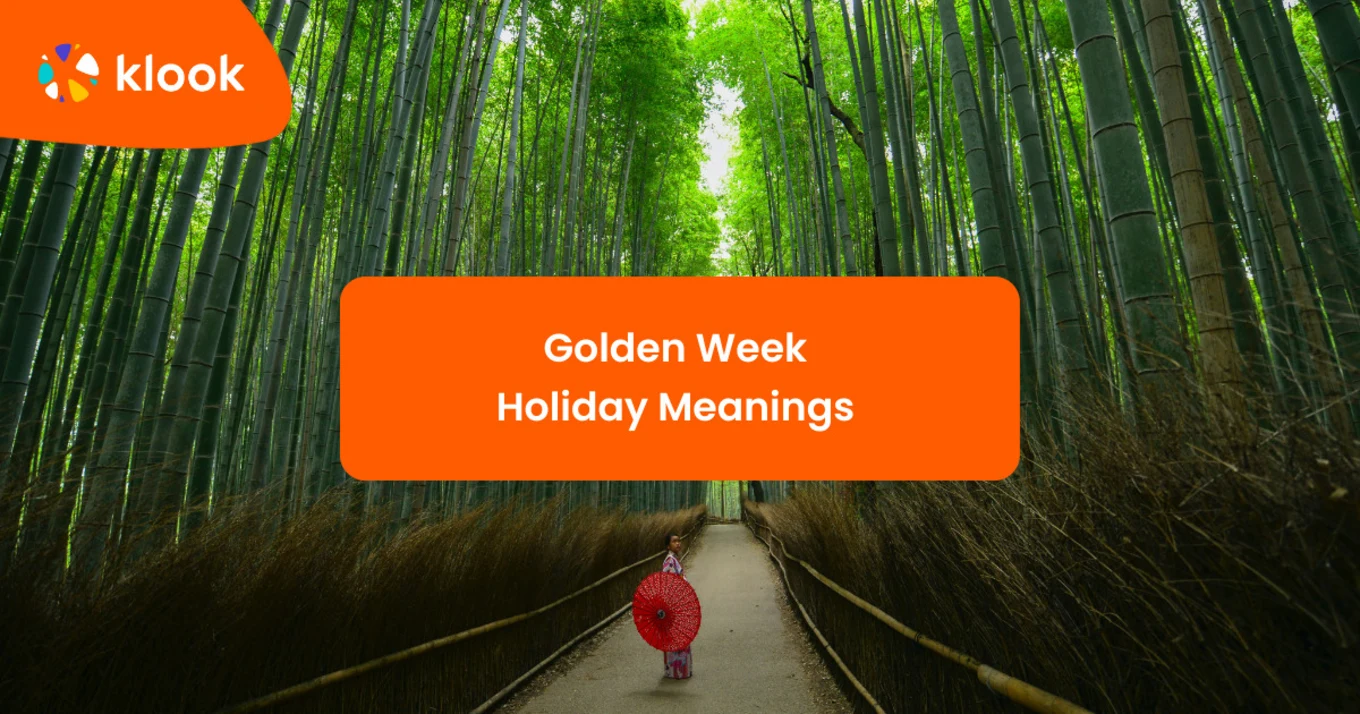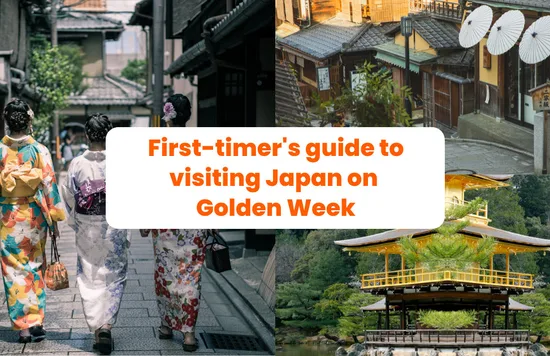Golden Week is one of the most anticipated holidays in Japan, celebrated annually from 29 April to 5 May. During this period, most people in the country take a break from their daily routine to go on a vacation, visit their families, or engage in other leisure activities, making it an ideal time for travelers to explore the beauty of Japan!
But have you ever wondered what makes this week-long holiday so significant? Here are a few reasons why Golden Week holds a special place in the hearts of many Japanese people.
Showa Day (29 April)
Emperor Showa, also known as Hirohito was Japan's longest-reigning emperor, ruling in 1926 for 63 years until his death in 1989. His reign marked many significant events, including Japan's involvement in World War II and his post-war effort to advocate for peace and reconciliation both at home and abroad.
Showa Day was established in 2007 to honor Emperor Showa's contributions to Japan and to provide an opportunity for the country to reflect on its rich history.
To commemorate Emperor Showa, many visit shrines and temples to pay their respects to the late emperor and offer prayers for peace and prosperity. Showa Day also gives people a chance to spend time with loved ones and participate in various cultural activities.
Constitution Day (May 3)
Constitution Day marks Japan's turning point in history. Before the promulgation of the post-war constitution, Japan had been completely a monarch system with emperors having supreme authority.
However, the new constitution formed a democratic system, drafted by a group of Japanese scholars and legal experts, designed to promote democracy, protect rights, and ensure Japan will never engage in aggressive military activities.
The newly introduced constitution would also establish emperors as more symbolic figureheads with no political power, and create bicameral parliament consisting of the House of Representatives and the House of Councillors. Exalting fundamental human rights, including freedom of assembly, freedom of speech, and freedom of religion.
On Constitution Day, Japanese people reflect on the significance of the Constitution and its role in shaping modern Japan. If you want to experience the rich history, then country hop on a bus tour and sightsee some of the most renown landmarks, or get your JR pass to enjoy unlimited travel across JR lines, including local buses, Miyajima Ferry, and more.
Greenery Day (May 4)
Greenery Day was originally established to celebrate the birthday of Emperor Hirohito, or his posthumous name Showa, who was a passionate botanist and a believer in the importance of nature conservation. After his death in 1989, the holiday was renamed Greenery Day to honor his legacy and his love for plants and nature.
Greenery Day is a time to promote environmental awareness, where many people in Japan celebrate by spending time outdoors, visiting parks and gardens, and participating in environmental activities such as tree planting and beach cleanups.
In addition to honoring Emperor Hirohito's legacy, Greenery Day is also a reminder of the role that nature plays in Japanese culture and history. Japan is known for its beautiful landscapes, including its iconic cherry blossoms and colorful autumn foliage, and many traditional Japanese customs and festivals are closely tied to the changing of the seasons and nature.
Greenery Day in Japan celebrates the happiness and health of children. It originally was celebrated as Boys' Day, to celebrate the growth and well-being of male children. But in 1948, it honored all children.
🎋 Nature Activities in Japan 🎋
Children’s Day (May 5)
An iconic symbol of Children's Day is koinobori, or carp-shaped streamers, which are hung outside homes and buildings. The carp is meant to represent strength and perseverance as it is believed that carp swim upstream to spawn and overcome obstacles in their path.
Families consisting of boys tend to display samurai dolls or armor to inspire bravery and courage in their children. Other activities include parades and carnivals to celebrate the holiday, traditional food, and fun activities.
Children's Day is a time to come together and celebrate the joy and wonder of childhood, and to show love and support for the next generation.
Throughout the years, Golden Week has grown into more than just a holiday period; it's a time for family and friends to come together and travelers to immerse in the unique culture and traditions of Japan.
Whether you're a foodie, a culture vulture, or a history buff, there's something for everyone! So be sure to explore Japan and experience the magic of Golden Week for yourself.



























